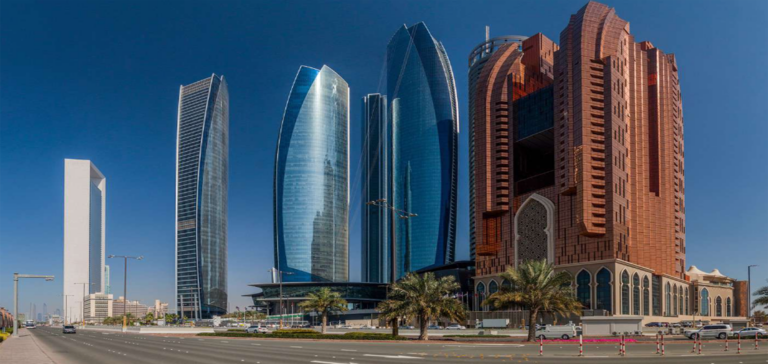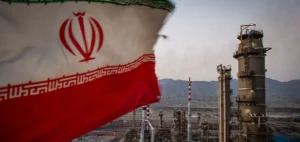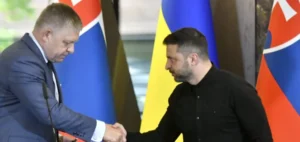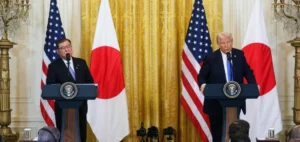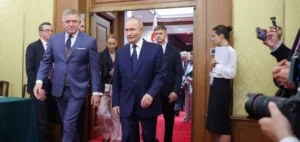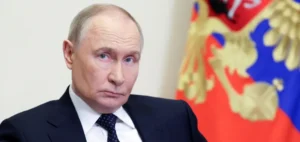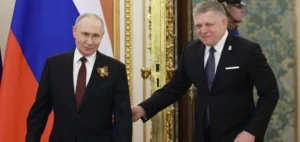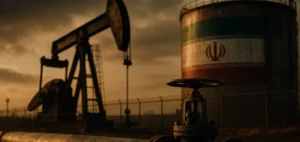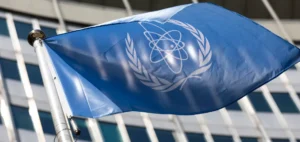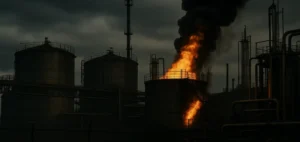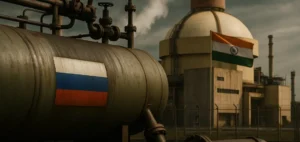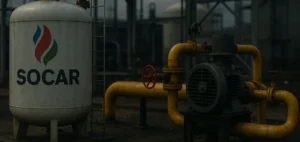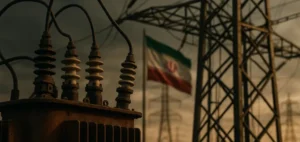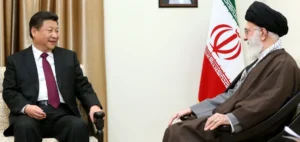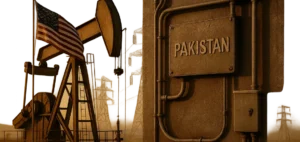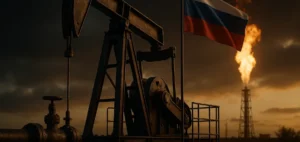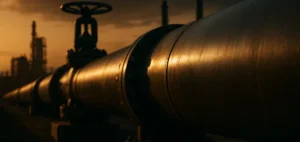At the opening of ADIPEC 2023, Dr. Sultan Ahmed Al Jaber, President-Elect of COP28 and Minister of Industries and Advanced Technologies of the United Arab Emirates, urged the energy industry to seize the opportunity to demonstrate its central role in solving the world’s energy challenges. ADIPEC 2023, the world’s largest energy exhibition and conference, brings together global players under the theme “Decarbonize. Faster. Together.” Over four days, this event will catalyze collective action and innovative solutions to pressing climate and energy issues.
Key messages at ADIPEC 2023
Dr Al Jaber stressed that the energy industry can and must be a driving force behind sustainable solutions. He called for a change in perception, emphasizing that industry should no longer be seen as part of the problem, but as an essential part of the solution.
The United Arab Emirates host ADIPEC 2023 and demonstrate their commitment to renewable energies. They aim to generate 19.8 gigawatts by 2030. In addition, the United Arab Emirates aims to become a world leader in the production of low-emission hydrogen. By 2031, the goal is to reach 1.4 million metric tons and 15 million by 2050. As hosts of this event, they are demonstrating their leadership in the energy transition.
Industry Unit for Decarbonization
The ADIPEC opening ceremony featured commitments from CEOs representing the world’s leading energy companies, reaffirming their commitment to concrete action to accelerate decarbonization and the energy transition. These commitments underline the industry’s collective approach to stimulating investment and partnerships to accelerate the global energy transition, while fostering innovation.
Ministerial Panel on Energy Transition
A panel discussion at ADIPEC 2023, entitled “Accelerating the Energy Transition”, brought together key figures including H.E. Suhail Mohammed Faraj Al Mazroui, Minister of Energy and Infrastructure of the United Arab Emirates, H. E. Haitham Al Ghais, Secretary General of OPEC, H.E. Dr. Alparslan Bayraktar, Minister of Energy and Natural Resources of Turkey, and H.E. Sebastian Sebastian, Chairman of the Board of Directors of OPEC.E. Haitham Al Ghais, Secretary General of OPEC, H.E. Dr Alparslan Bayraktar, Minister of Energy and Natural Resources of Turkey, and H.E. Sebastian-Ioan Burduja, Minister of Energy of Romania. The panel stressed the importance of innovative policies, inclusive practices and government involvement in promoting collaboration and investment to meet energy needs and achieve net zero emissions.
ADIPEC 2023: An Opportunity for Change
ADIPEC 2023, which takes place in Abu Dhabi from October 2 to 5, is a crucial platform for the world’s energy producers and consumers to demonstrate their commitment to reducing emissions and investing in clean energy. This event provides a global stage for dialogue on the various challenges and solutions facing energy markets, in line with the overall theme of “Decarbonizing. Faster. Together.”
Over the next four days, ADIPEC 2023 will host ten conferences, including one focusing on hydrogen and an expanded conference on strategic decarbonization. These conferences will explore themes such as energy security, mobilizing finance and investment, and developing a carbon-free value chain. With over 2,200 companies and 30 national pavilions, ADIPEC aims to facilitate cross-sector collaboration and partnerships to drive transformative change in the energy sector.
Dr. Sultan Al Jaber’s call for industry unity and action, coupled with the commitments made by global CEOs and the insights shared at the ministerial panel, creates a powerful dynamic for ADIPEC 2023. This event marks a crucial moment for the energy industry to demonstrate its commitment to sustainability and collective efforts to meet the world’s pressing energy challenges.


